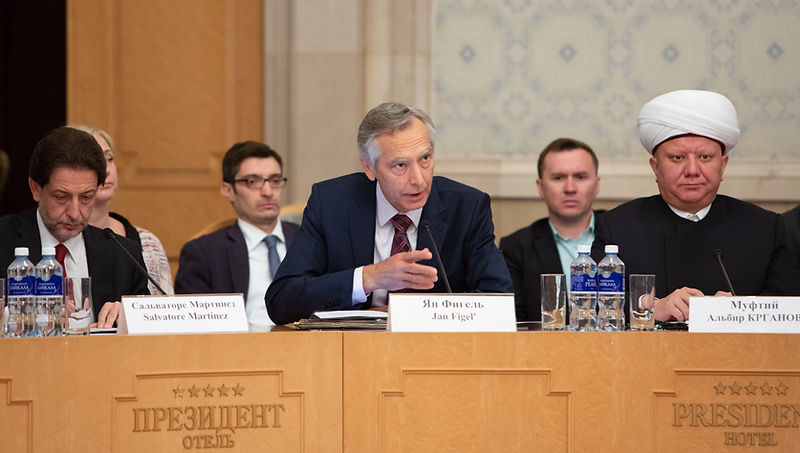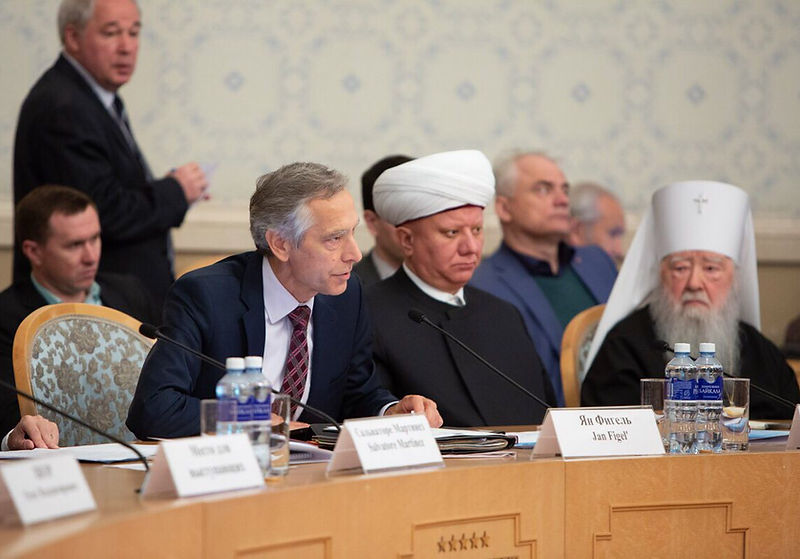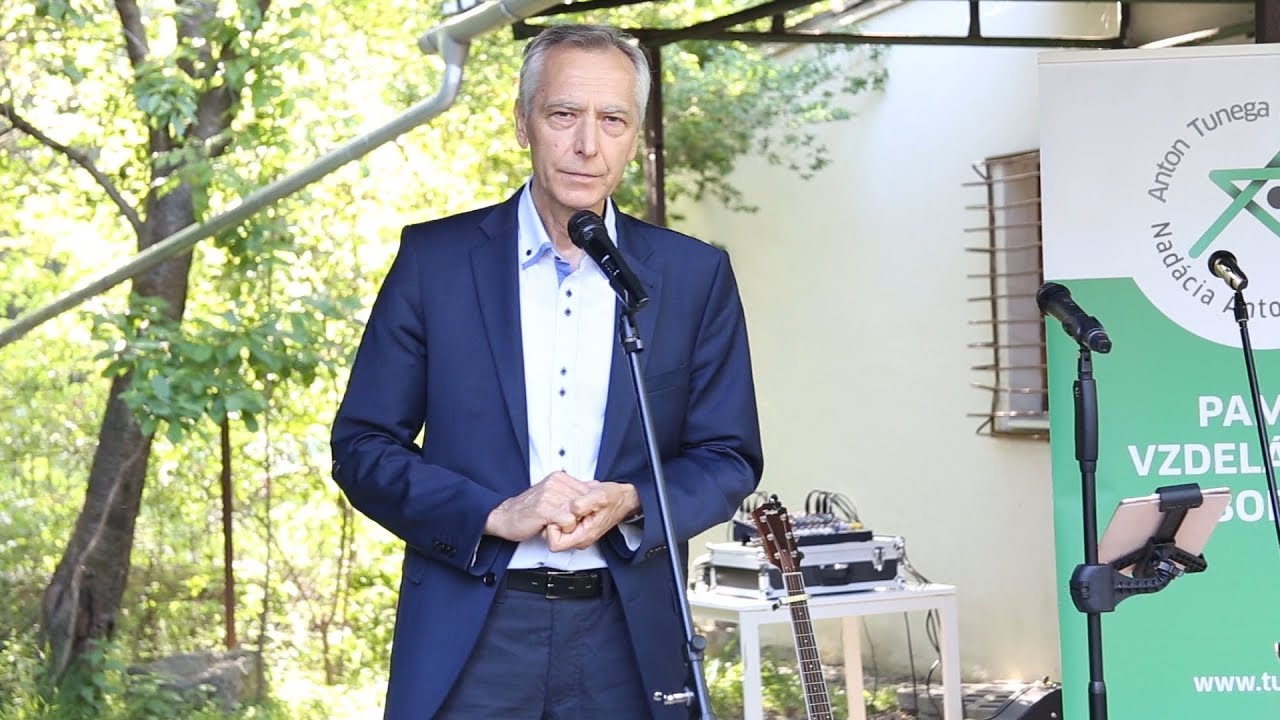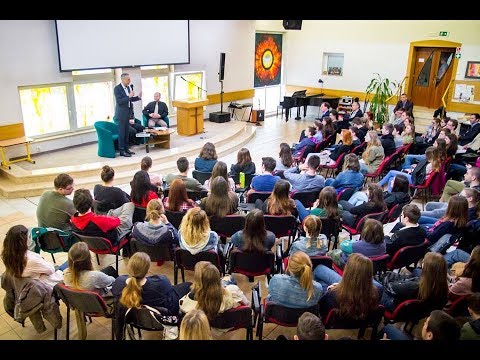Category: Language
-
To Address Religious Persecution The Mechanism Of The EU Special Envoy On FoRB Needs More Teeth
On February 4, 2016, the European Parliament, as the second international institution, adopted a resolution that formally recognized the systematic mass murder of religious minorities by Daesh as genocide. The resolution, among other things, urged “the members of the UN Security Council to support a referral by the Security Council to the International Criminal Court
-
To Address Religious Persecution The Mechanism Of The EU Special Envoy On FoRB Needs More Teeth
On February 4, 2016, the European Parliament, as the second international institution, adopted a resolution that formally recognized the systematic mass murder of religious minorities by Daesh as genocide. The resolution, among other things, urged “the members of the UN Security Council to support a referral by the Security Council to the International Criminal Court
-
Dosť bolo rečí o masakrovaní Rohingov, treba konať
Masové vraždenie v Rakhinskom štáte sa začalo vyšetrovať, boli uvalené vízové zákazy. Čo treba urobiť ďalej? Po genocídach v Rwande a Srebrenici sa slová “nikdy viac” začali používať v medzinárodnej komunite ako mantra. Napriek tomu sa to opakované “nikdy viac” v Rakhinskom štáte Mjanmarska zopakovalo. Bolo 25. augusta 2017, keď armáda spustila vojenskú ofenzívu, ktorá
-
Enough talk. Let’s have action on Rohingya massacres
Inquiries were held on the mass killings in Rakhine state and some visa bans imposed; here’s what must happen next After the genocides in Rwanda and Srebrenica, the words “never again” were uttered like a mantra by many in the international community. Yet a year ago in Myanmar’s Rakhine state, “never again” happened all over
-
Ján Figeľ: Sloboda náboženstva a svedomia v juhovýchodnej Ázii je pod rastúcim tlakom
Osobitný vyslanec EÚ pre náboženskú slobodu vo svete Ján Figeľ bude spolu so spravodajcom OSN hlavným rečníkom na nadchádzajúcej konferencii o slobode náboženstva alebo viery v juhovýchodnej Ázii. V thajskom Bangkoku sa 17. až 19. augusta stretnú politickí a náboženskí predstavitelia a ľudskoprávni aktivisti z krajín tohto regiónu, ako aj predstavitelia relevantných medzinárodných organizácií. “Sloboda
-
В ЕС заявили о массовой дискриминации по религиозному признаку в мире
МОСКВА, 31 мая — РИА Новости. Свобода религиозных убеждений большей части населения планеты подвергается давлению, заявил на конференции “Религиозные свободы в мире. Путь к диалогу” спецпредставитель Евросоюза по религиозным организациям вне объединения Ян Фигель. Участниками проходящей в Москве конференции, организаторами которой выступили Межрелигиозный совет РФ, Российская ассоциация защиты религиозной свободы и Фонд Григория Богослова, стали
-
Духовенство и эксперты призвали защищать религиозные меньшинства в мире
МОСКВА, 31 мая – РИА Новости. Духовенство и эксперты на международной конференции в Москве призвали власти стран мира уделять больше внимания защите религиозных меньшинств и обеспечению права граждан на свободу вероисповедания. Участниками конференции “Религиозные свободы в мире. Путь к диалогу”, организаторами которой выступили Межрелигиозный совет РФ, Российская ассоциация защиты религиозной свободы и фонд Григория Богослова,
-
-
Bez KDH slušná alternatíva nevznikne
Prvú časť rozhovoru s Jánom Figeľom sme končili odpoveďou na otázku, ktorá sa týkala náročnosti obhajovania viery v nedemokratických krajinách sveta. V tejto druhej časti sme sa osobitného vyslanca EÚ pre náboženskú slobodu vo svete pýtali, či to už nie je téma aj pre samu Európsku úniu. Zaujímalo nás, ako s odstupom času vidí udalosti
-
Mladí a náboženská sloboda
Evanjelické gymnázium v Martine privítalo na svojej pôde v utorok 17. apríla Jána Figeľa – osobitného vyslanca EÚ pre náboženskú slobodu vo svete, ktorý diskutoval so študentami o aktuálnych výzvach a príležitostiach týkajúcich sa náboženskej slobody. Video: https://youtu.be/yTawdo00GM0









